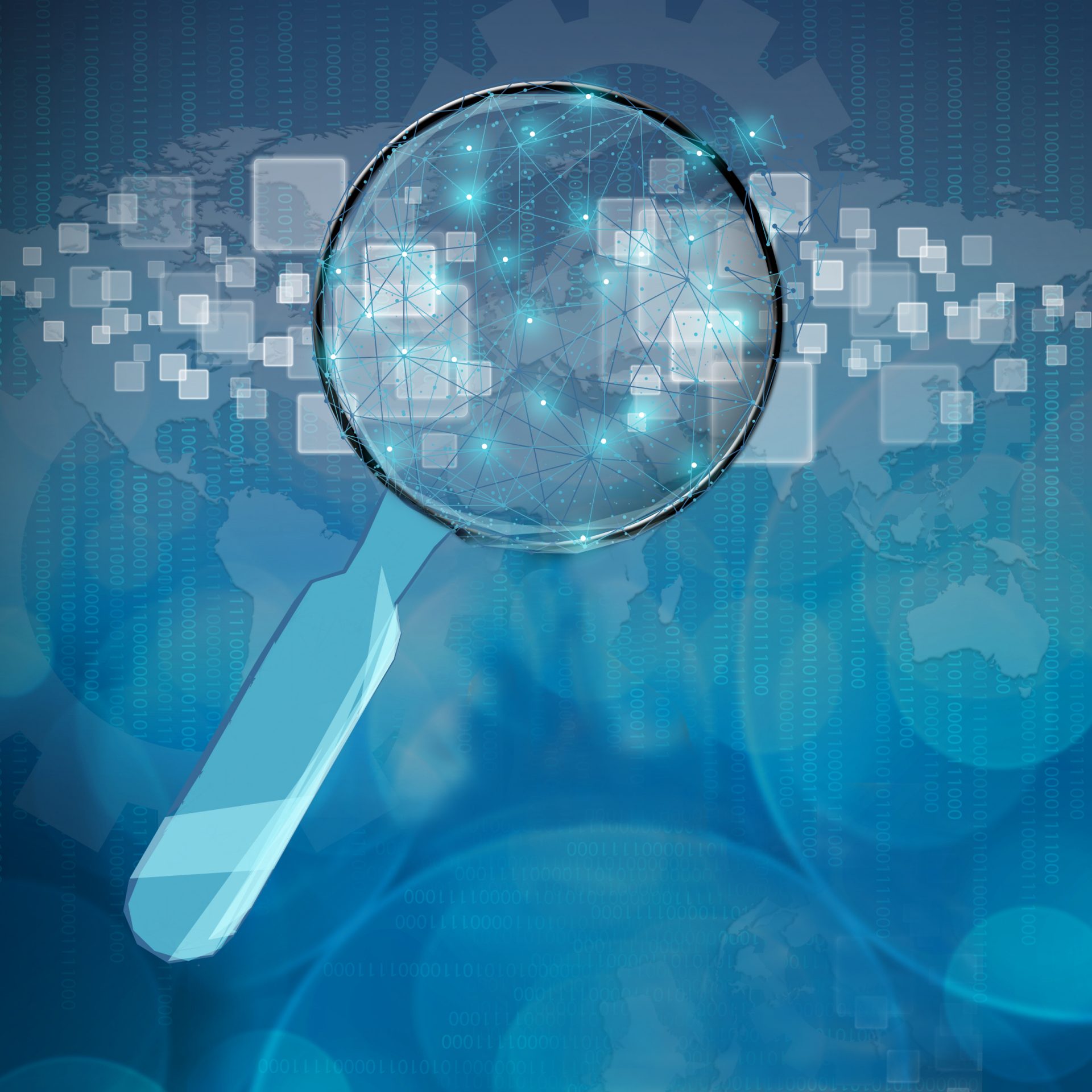

Benchtop NMR – Redefining the Future of Forensic Drug Testing
Benchtop NMR – Redefining the Future of Forensic Drug Testing
Keeping up with drugs known as new psychoactive substances (NPS), also referred to as ‘legal highs,’ presents a huge challenge to border control authorities and police forces across the globe. These NPS are notoriously difficult to detect, not least because drug producers constantly find new ways to alter the substances to make them slip under the detection radar. Furthermore, their effect on the body may be highly dangerous and, as unknown substances, their symptoms are difficult to recognize and treat.
Advances introduced by Bruker in nuclear magnetic resonance (NMR) spectroscopy, are creating new ways for testing laboratories to identify NPS and break the cycle. We are proud to say that our technology is starting to change the way the entire drug screening market operates.
Although NMR spectroscopy systems are a well-established testing method in clinical research sectors, their uptake has up until now been restricted by the high cost of ownership, as well as the technical expertise needed to operate NMR instrumentation for successful sample testing and analysis. Now, new benchtop models, like our Fourier 80, are set to offer a rapid, automated, easy-to-use and unrestricted method of drug screening that is available for widespread and practical use.
In many countries, at least two different analytical methods must be used in drug testing to provide sufficient evidence that will stand up in court, which is both time consuming and resource intensive. And where an NPS is identified, the second test method has to be NMR, which would cause substantial sample bottlenecks at central scientific hubs.
Benchtop NMR, however, is set to change this. Once a new substance is identified, anywhere in the world, its spectral data can be uploaded into a global database, from where any lab across the globe with a similar benchtop NMR instrument can identify and quantify that substance at the touch of a button, using drug fingerprinting techniques.
The fast turnaround of NMR reduces screening time from days to minutes. Time-to-result for a benchtop NMR instrument, to deliver a conclusive identification, is dramatically shortened compared to conventional NMR analyses, where samples may need to be sent long distances to scientific hubs.
Widely Accessible Technology
Any airport or police authority can now own a suite of benchtop NMR instruments to deliver routine screening results rapidly using the global database, without needing significant investment, or highly trained operators to run the test and interpret the findings. A major advantage of NMR screening is its ability to detect and identify unknown substances without needing a pre-qualified reference. This new substance can then be investigated further and added to the library for future immediate matching and identification.
The Future is NMR
The true potential of NMR can be unlocked when full sized instruments can be integrated with benchtop systems. Operators familiar with NMR software can take control of the benchtop system remotely without needing additional training, and an inexperienced NMR user can benefit from push button interfaces and dedicated workflows.
Decentralizing NMR analysis to put an instrument in every drug testing center not only opens up the potential to dramatically scale up throughput and deliver a faster time-to-result, but also frees up the centralized high specification laboratory instrument and operator expertise to work on more specialist testing.
NMR is set to redefine the future of forensic drug testing, ultimately reducing the crime figures and making our world a safer place.